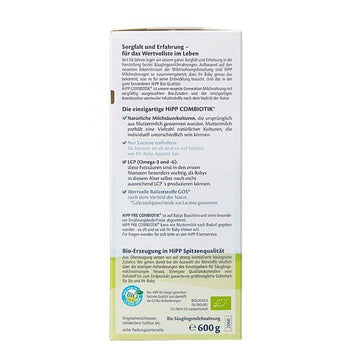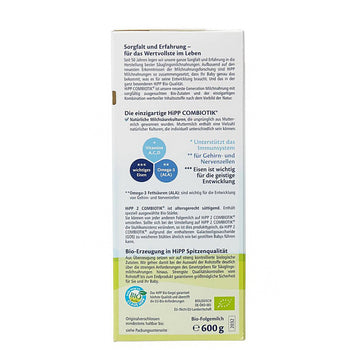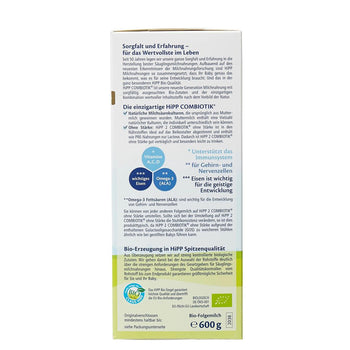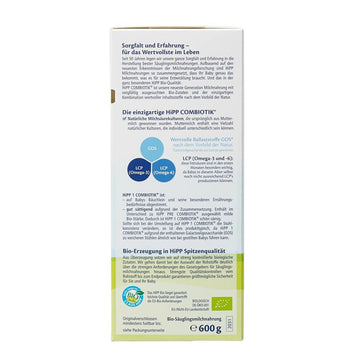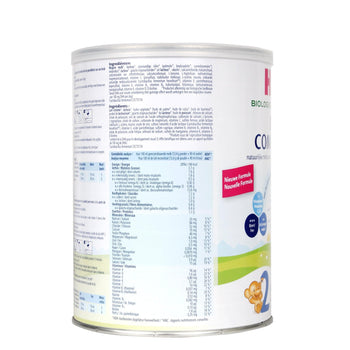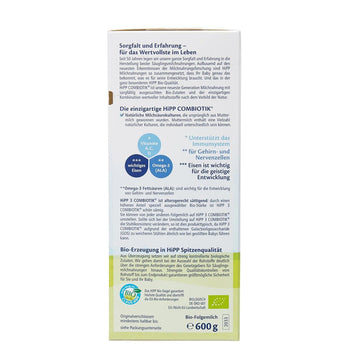As parents, the health and well-being of your little one are always top priorities. The COVID-19 pandemic has added an extra layer of concern, especially when it comes to babies and young children who may not yet be eligible for vaccination. If your baby contracts COVID-19, it's natural to feel worried and unsure of the next steps. In this blog post, we'll guide you through what to do if your baby gets COVID-19, helping you to manage the situation with confidence and care.
Recognizing the Symptoms of COVID-19 in Babies
The symptoms of COVID-19 in babies can vary, but common signs include:
- Fever: A high temperature is often one of the first indicators.
- Cough: A persistent cough may develop.
- Runny Nose: Nasal congestion or a runny nose can occur.
- Fatigue: Your baby might seem more tired than usual.
- Loss of Appetite: A decrease in feeding or interest in food.
- Diarrhea or Vomiting: Gastrointestinal symptoms may be present.
- Irritability: Increased fussiness or crying.
It's important to note that some babies may have mild symptoms or none at all, while others may experience more severe effects. Always monitor your baby closely and consult with a healthcare provider if you notice any concerning symptoms.
Steps to Take If Your Baby Has COVID-19
-
Consult Your Pediatrician Immediately
- As soon as you suspect your baby may have COVID-19, contact your pediatrician for guidance. They can provide specific advice based on your baby's health and symptoms. Be sure to mention any underlying conditions your baby may have.
-
Isolate Your Baby
- If possible, keep your baby isolated from other family members to prevent the spread of the virus. Designate one caregiver to be with the baby to minimize exposure. Ensure the caregiver follows strict hygiene practices, including wearing a mask and washing hands frequently.
-
Monitor Symptoms Closely
- Keep a close eye on your baby's symptoms and temperature. Use a baby thermometer to check for fever and watch for any changes in breathing or behavior. If symptoms worsen or if your baby has difficulty breathing, seek medical attention immediately.
-
Keep Your Baby Hydrated
- Ensure your baby is getting enough fluids, whether through breastfeeding, formula, or water if they are old enough. Staying hydrated is crucial, especially if your baby has a fever or is experiencing diarrhea.
-
Provide Comfort and Care
- Comfort your baby by keeping them calm and soothed. Hold them, rock them, and provide a comforting environment. Offer their favorite toys or blankets to help them feel secure.
-
Follow Medical Advice
- Follow all advice given by your healthcare provider. This may include administering fever reducers like acetaminophen (if recommended by your doctor) and monitoring oxygen levels if advised. Do not give any medication without consulting your pediatrician.
-
Practice Good Hygiene
- Maintain strict hygiene practices in your home. Wash your hands frequently, clean and disinfect surfaces, and ensure proper ventilation in the room where your baby is staying. Avoid sharing utensils, towels, or bedding.
-
Limit Visitors
- Do not allow visitors into your home while your baby is ill. If other family members need to be in the home, make sure they adhere to safety protocols, including wearing masks and practicing social distancing.
When to Seek Emergency Care
If your baby shows any of the following symptoms, seek emergency medical care immediately:
- Difficulty breathing or rapid breathing
- Bluish lips or face
- Severe or persistent pain or pressure in the chest
- Unresponsiveness or difficulty waking up
- Severe dehydration (e.g., fewer wet diapers, dry mouth)
After Recovery: Next Steps
Once your baby has recovered from COVID-19, it's important to continue following your pediatrician's advice. They may recommend a follow-up visit to ensure your baby is recovering well. Continue practicing good hygiene and monitor for any long-term effects or symptoms.
Conclusion
While it can be scary to think about your baby contracting COVID-19, being prepared and knowing what steps to take can make a significant difference. By staying informed, consulting with your pediatrician, and providing the necessary care and comfort, you can help your baby recover safely. Remember, you're not alone—reach out to healthcare professionals whenever you need support or advice.
Stay safe, and take care of your little one with confidence.















